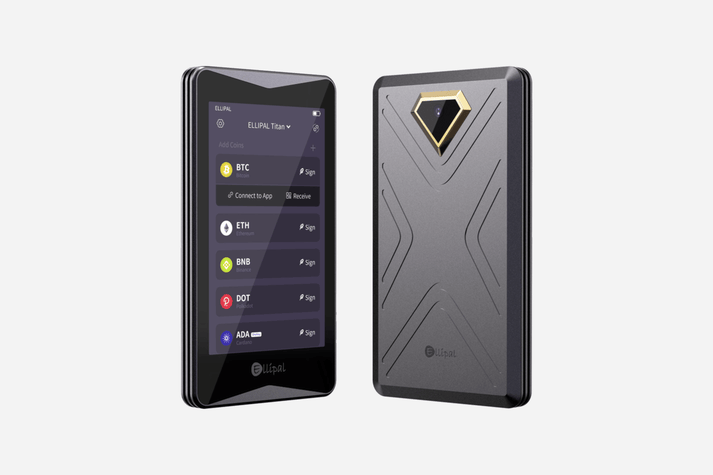-
 Find in Members
Find in Members Find in Videos
Find in Videos Find in Channels
Find in Channels
This website uses cookies to ensure you get the best experience on our website.
To learn more about our privacy policy Click herePrivacy Preference
- Tags - #BLOG
-
- Last updated Aug 30 0 comments, 25 views, 0 likes
More in Politics
Related Blogs
Archives
The Ultimate Guide to Choosing the Right Hardware Wallet for Your Cryptocurrency Needs
Body
In the ever-evolving world of cryptocurrency, securing your digital assets is paramount. A hardware wallet serves as a secure storage solution, allowing users to manage their cryptocurrencies safely. This guide aims to provide a comprehensive understanding of hardware wallets, helping you make an informed decision.

What is a Hardware Wallet?
A hardware wallet is a physical device designed to store private keys offline. Unlike software wallets, which are connected to the internet and more susceptible to hacking, hardware wallets provide enhanced security. They ensure that your private keys never leave the device, making it nearly impossible for cybercriminals to access your funds.
Key Features to Consider
When selecting a hardware wallet, several key features should be taken into account:
- Security: Look for wallets that offer robust security features, such as two-factor authentication and secure chip technology.
- Compatibility: Ensure that the wallet supports a wide range of cryptocurrencies, including Bitcoin, Ethereum, and altcoins.
- User Interface: A user-friendly interface can significantly enhance your experience, especially if you are new to cryptocurrency.
- Backup and Recovery Options: Choose a wallet that provides easy backup and recovery methods to safeguard your assets.
Popular Hardware Wallets on the Market
Several reputable hardware wallets are available, each with unique features. Here are a few popular options:
- Ledger Nano X: Known for its Bluetooth capability, this wallet supports over 1,800 cryptocurrencies.
- Trezor Model T: This wallet features a touchscreen interface and supports a wide range of coins.
- KeepKey: With a sleek design, KeepKey offers a simple user experience and supports multiple cryptocurrencies.
How to Use a Hardware Wallet
Using a hardware wallet is straightforward. After purchasing your device, follow these steps:
- Set up your wallet by following the manufacturer's instructions.
- Transfer your cryptocurrencies from exchanges or software wallets to your hardware wallet.
- Regularly update the firmware to ensure optimal security.
Conclusion
Choosing the right hardware wallet is essential for anyone serious about cryptocurrency investment. By considering factors such as security, compatibility, and user experience, you can find a wallet that meets your needs. Remember, the safety of your digital assets depends on the choices you make today.






Comments